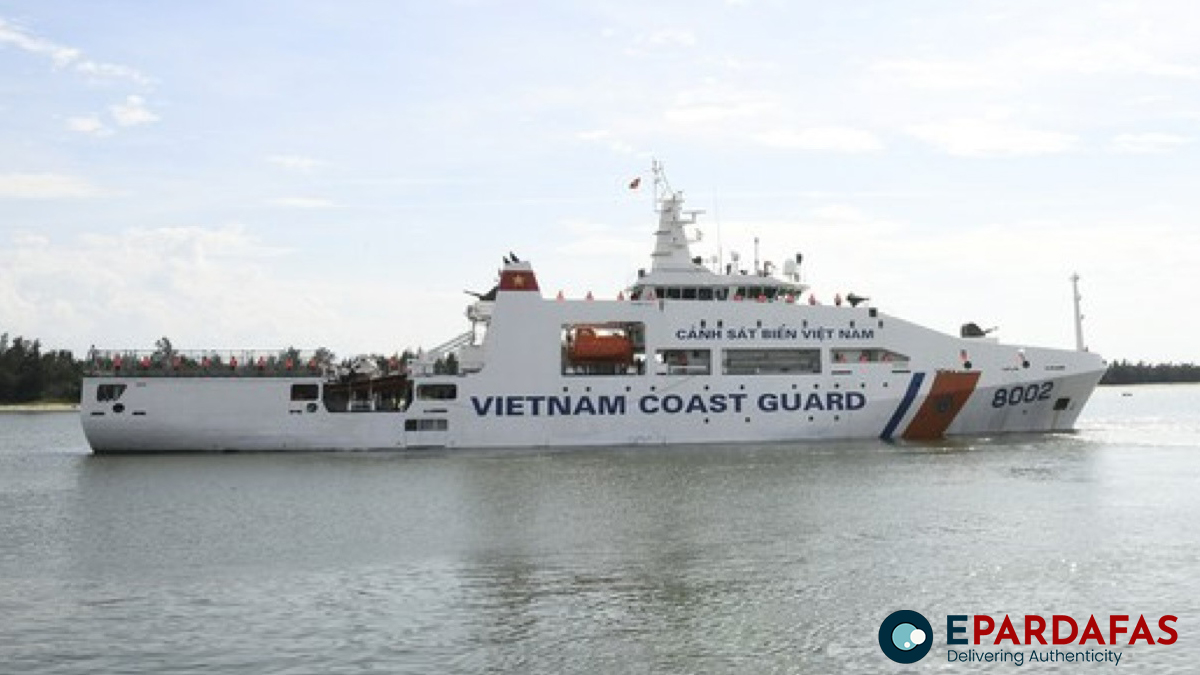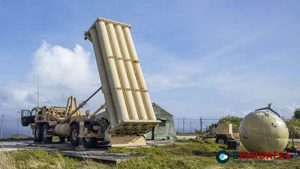
Philippines and Vietnam Conduct First Joint Coast Guard Drills in South China Sea Amid Rising Tensions with China

The coast guards of the Philippines and Vietnam conducted their first-ever joint drills on Friday in Manila Bay, located off the west coast of Luzon, the Philippines’ main island, leading into the South China Sea. The exercises included firefighting, rescue, and medical response drills, marking a significant step in the security cooperation between the two nations amid ongoing territorial disputes with China.
The joint drills featured a simulated search and rescue operation, along with the use of water cannons to repel a mock threat. This collaboration comes at a time when both the Philippines and Vietnam face overlapping sovereignty disputes with China, which claims nearly the entire South China Sea.
Jay L. Batongbacal, a professor at the University of the Philippines College of Law, emphasized the importance of this exercise as a counter to China’s increasingly assertive actions in the region. “Since both countries conduct these activities in full accordance with international law, it should be seen as a stabilizing factor and deterrent to Chinese aggression, while also asserting and maintaining international law,” Batongbacal told.
This joint exercise is seen as a strategic shift in the region, demonstrating how claimant countries can cooperate and improve relations despite their disputes. Batongbacal noted that the exercise highlights the potential for cooperation between nations with common goals and converging interests, even if they do not directly cooperate on military matters.
The drills come after the Philippine government, under President Ferdinand Marcos Jr., has taken a more assertive stance on the South China Sea, contrasting with the approach of his predecessor, Rodrigo Duterte. This shift has heightened tensions with China, which has been more aggressive in asserting its claims to the region.
In recent months, the Philippines has accused Chinese coast guards of boarding a Philippine navy vessel near Second Thomas Shoal, seizing equipment, and severely injuring a Philippine sailor. This incident, among others, has led the Philippines to strengthen its maritime cooperation with other nations, including multilateral exercises with the U.S., Australia, and Canada earlier in August, and its first joint exercises with Japan in the South China Sea on August 2.
China’s response to the Philippines-Vietnam joint drills has been measured. While the Chinese Foreign Ministry has not yet commented, spokesperson Mao Ning reiterated Beijing’s stance that “It is the Philippines, not China, that is creating problems in the South China Sea.” The Chinese People’s Liberation Army (PLA) recently conducted air and sea combat patrols near Scarborough Shoal, an area of long-standing dispute between China and the Philippines.
Ding Duo, deputy director of the Institute of Marine Law and Policy at the China Institute of South China Sea Studies, suggested that China might view the joint exercise as routine bilateral cooperation but could use diplomatic channels to address its security concerns.
The joint exercise is likely to have a broader regional impact, signaling potential future collaboration between the Philippines and Vietnam. Nguyen Khac Giang, a visiting scholar at the Vietnam Studies Program at the ISEAS-Yusof Ishak Institute, noted that this exercise could pave the way for more extensive military cooperation and efforts to address overlapping border issues in the South China Sea. He emphasized that stronger cooperation among Southeast Asian nations could bolster their ability to counter Chinese influence in the region.
As tensions continue to simmer in the South China Sea, this joint exercise between the Philippines and Vietnam marks a significant step in regional security dynamics, underscoring the importance of international cooperation in maintaining stability in one of the world’s most contested maritime regions.












Comments